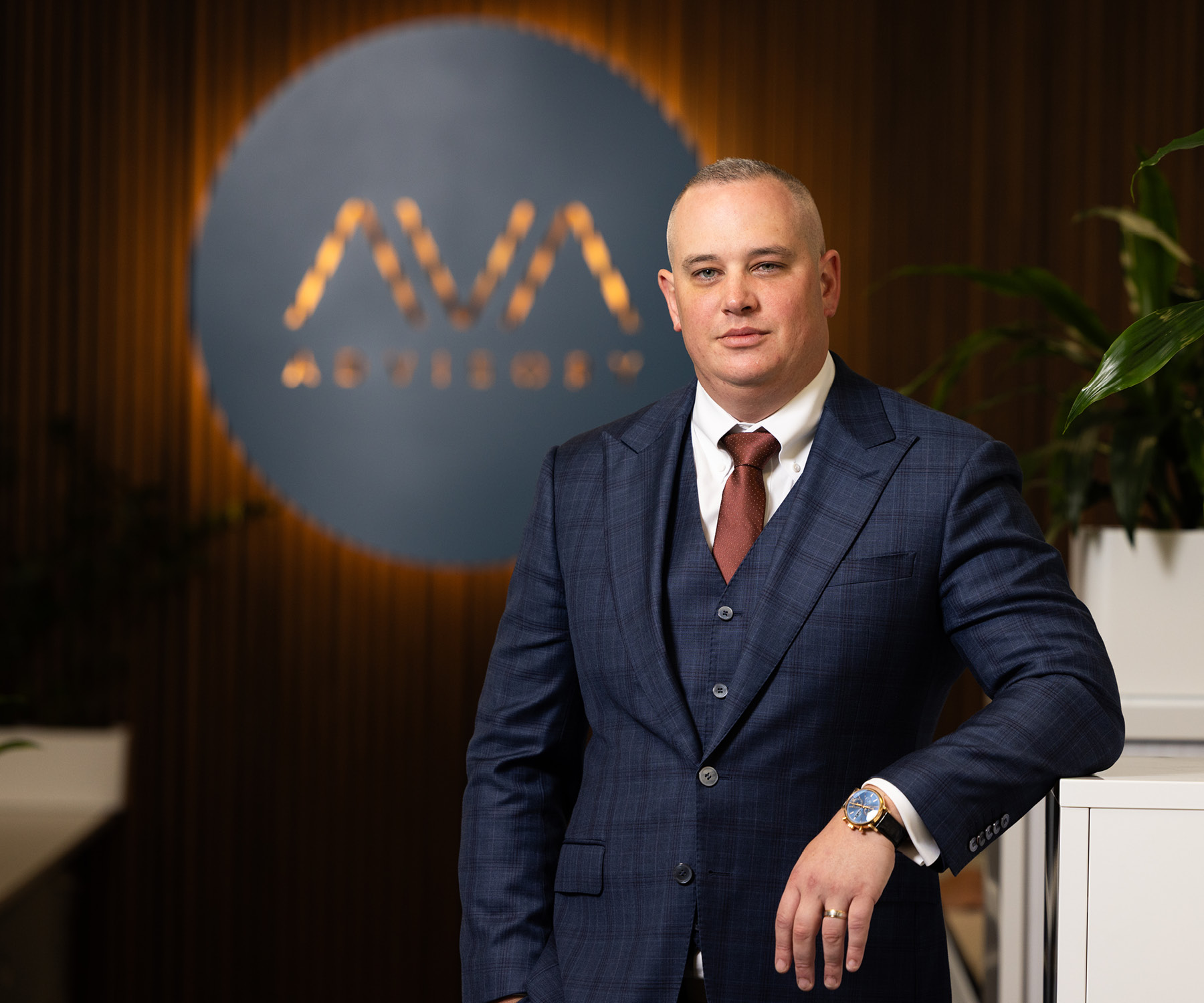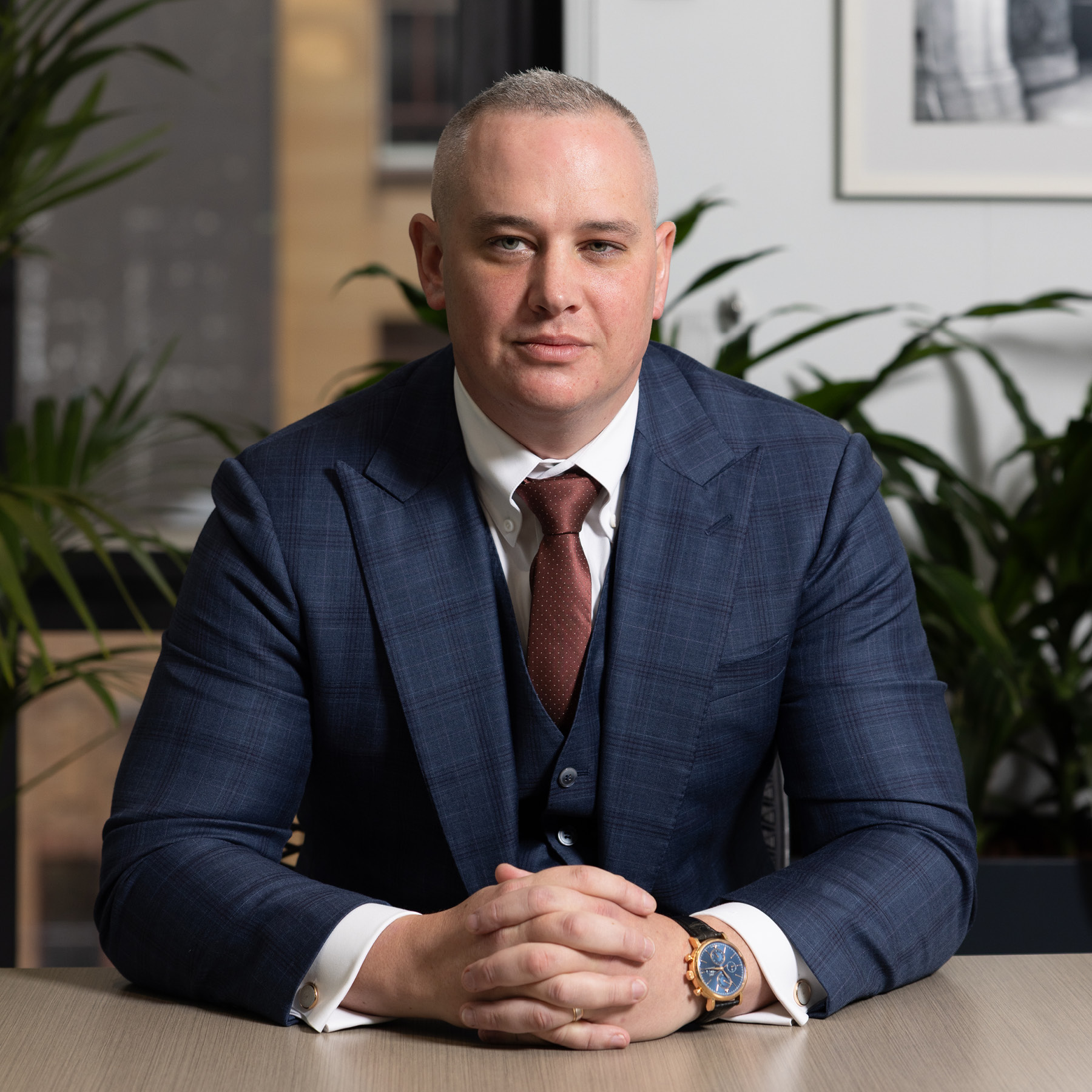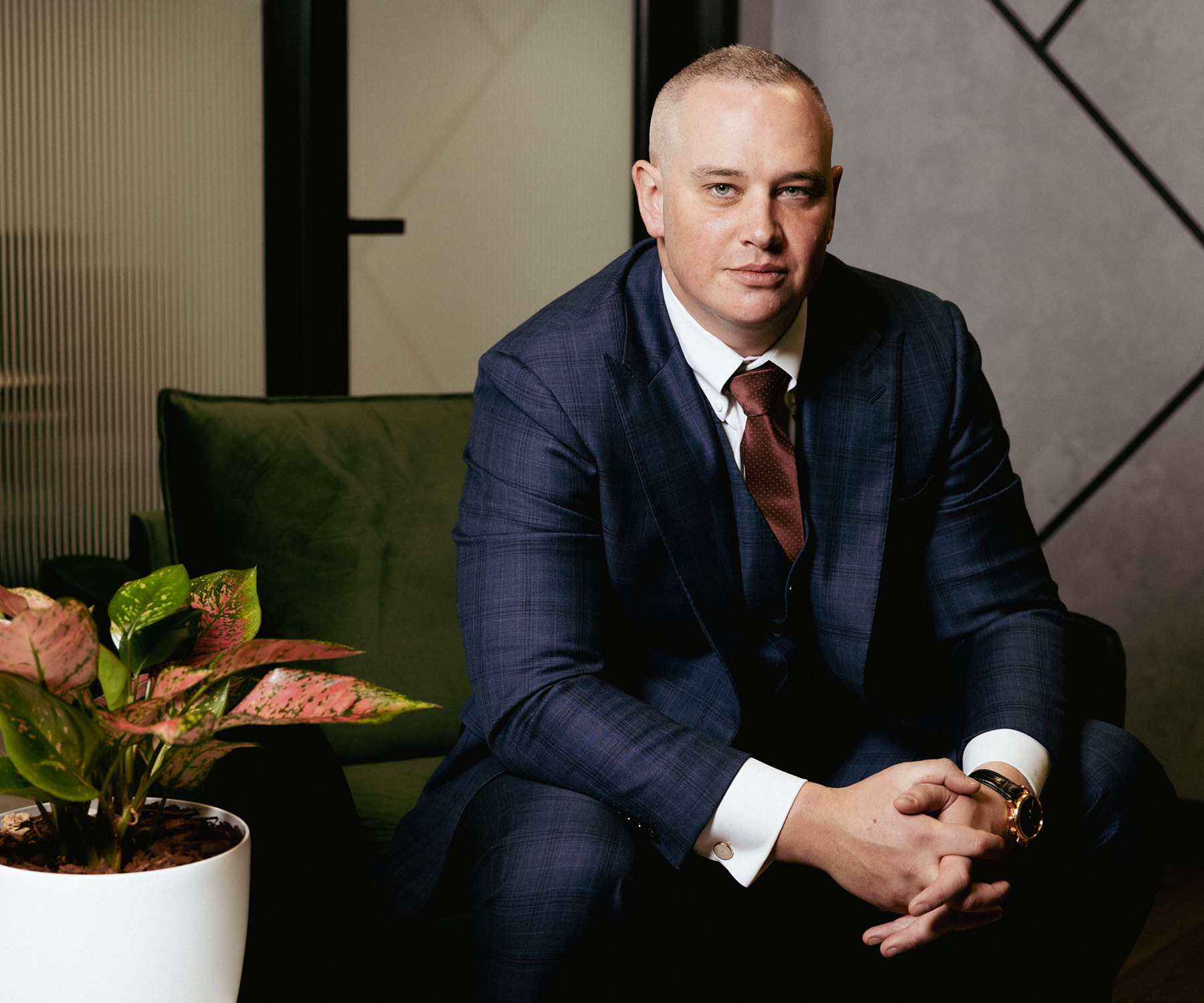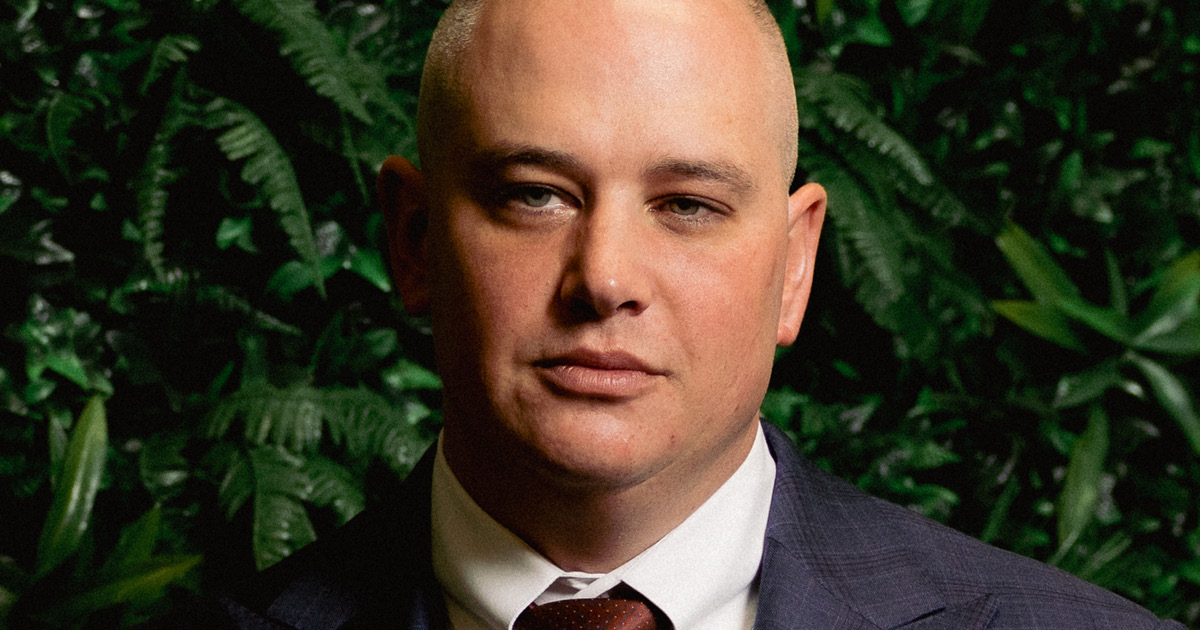When businesses are on the brink, it’s not just profit margins at stake – it’s marriages, health and people’s entire futures. Andrew Quinn knows this better than most. As Founder and CEO of AVA Advisory, he’s built his career around helping small to medium-size enterprises (SMEs) find their feet when everything seems lost.
“The emotional impact insolvency can have on a person is huge,” Quinn tells The CEO Magazine. “Most people just want a shoulder to cry on, as well as the reassurance that there’s a way out. AVA Advisory brings that certainty, partnering with businesses before it’s too late.”
In the business of new beginnings
AVA Advisory isn’t your typical insolvency firm. While the sector is often associated with endings, the company is focused on new beginnings.
“Insolvency is an unknown space,” Quinn explains. “And what a lot of business owners don’t realize is it doesn’t have to be a ‘doom and gloom’ end of their business. In fact, insolvency is a strategic tool to help get the business back on track.”

“Insolvency is a strategic tool to help get the business back on track.”
Rather than stepping in only when it’s too late, AVA Advisory works with businesses to prevent collapse altogether. The firm embeds itself within a client’s operations, offering guidance not only to reduce debt but also to rebuild from the ground up.
“Imagine someone who’s great at making pizzas,” Quinn offers as an example. “Their business has expanded to multiple locations, a large team and a steady stream of orders. But they haven’t managed their business effectively. Suddenly, despite all the success, they find themselves facing significant debt, leaving them in need of support.”
That’s where AVA Advisory comes in.
“We provide guidance on how to rebuild a more successful and profitable business moving forward,” he explains.
Building from experience
Quinn didn’t land on this model overnight. With more than 17 years of industry experience, his career began in debt collection, with an early ambition to become a liquidator. But a pivotal conversation with a friend already in the field shifted his perspective.
“I quickly realized I was far more interested in helping people than in simply stepping in to shut a business down,” he reveals.
That insight set him on a new path. Under the guidance of a mentor, he learned the intricacies of business advisory, later founding My Business Path and experimenting with tech solutions to streamline the advisory process – a bold move that, while ahead of its time, didn’t gain traction as expected.
Then came the COVID-19 pandemic. As the business landscape shifted and demand for strategic guidance grew, Quinn recognized an opportunity.
“I knew there was a better way to support businesses through tough times. That’s when I decided to re-enter the consulting space – and AVA Advisory was born,” he recalls.
Human centered
What sets AVA Advisory apart isn’t just its methodology. According to Quinn, it’s the firm’s commitment to its clients – and treating them with empathy – that’s the real standout.
“Empathy is one of our core values,” he says. “At the end of the day, we are dealing with humans.”
Whether it’s a business struggling with debt or a family overwhelmed by the ripple effects of financial stress, AVA Advisory understands that numbers are only part of the equation.

“To be able to help, letting them know there’s a solution – it’s extremely rewarding.”
“When a company’s in financial trouble, it’s almost never just a business issue,” Quinn says. “We often find the directors are dealing with a lot behind the scenes – things like health problems or a marriage that’s falling apart.
“What people don’t always see is how deeply it affects every part of their life. It’s not just about closing the doors on a business – the stress can spill into their home, their health, even their relationships. It’s incredibly personal.”
One case, in particular, sticks with him.
“Recently, we had a client who had open heart surgery,” he says.
“His wife was crying because she didn’t know if he would even survive. You just never know what is going on in people’s lives. So to be able to help, letting them know there’s a solution – it’s extremely rewarding.”
Navigating new landscapes
While AVA Advisory is giving businesses a second chance, Quinn is quick to acknowledge the broader economic challenges that still persist post-pandemic. The construction sector, which was severely hit, is showing signs of stabilization. However, retail, accommodation and food services continue to battle rising costs and sluggish consumer spending.
Research from AVA Advisory reveals that 33 percent of SMEs felt worse off than they were at the end of the pandemic in 2022, while another 34 percent admitted to not being aware of financial lifelines available to them.
“No disrespect to our governments, but I challenge anyone to make simple sense of the websites and resources that are out there,” Quinn says.

“The terminology around insolvency – words like ‘administration’ – wrongly signal failure, when really it can be a lifeline.”
“The terminology around insolvency – words like ‘administration’ – wrongly signal failure, when really it can be a lifeline.”
However, one tool that has helped many businesses, Quinn points to, is the small business restructuring process, introduced in 2019.
“It’s been a tremendous approach to giving hardworking Aussies the breathing space they need to get back on track,” he confirms.
A culture of care
Quinn considers himself lucky to do work that never feels like a chore. However, it’s not just the nature of the job he loves – it’s the people around him.
“I’m so proud of my team. Everyone knows what they’re doing, and everyone does it well,” he says.
“Growing that core factor of having the right staff and the right team members in your business, that’s when you know you’re going to be able to deliver exceptional results.”

“We’re just scratching the surface of where we want to be.”
While he avoids calling the team a ‘family’ for fear of clichés, he emphasizes the unity and shared purpose they bring to the table.
“The culture, while we have a great one, is something that needs to be consistently worked on,” he explains. “How we work with clients needs to start internally first.”
That clarity of purpose extends across all departments, from marketing to operations, and fuels AVA Advisory’s ambition to become a leader in the advisory space.
“We all have a clear direction on how we run our business. We all have a clear target or goal in mind. We know how we want to grow things, we know the pathway it’s going to take, and we do it collectively,” he adds.
Eyes on the future
While AVA Advisory was founded in 2023, in Quinn’s eyes, it’s just getting started. And with so many SMEs still unaware of the support available to them – or unsure where to turn – his next chapter is all about education and growth.
“We’re just scratching the surface of where we want to be,” he says. “There’s an astronomical amount of debt owed to the ATO, and that’s just one part of our business.
“We also want to grow the advisory side with our innovative tech software, and become a known name in that space.”

“When your company’s doing really well, that’s the best time to find someone to help make your really good business even better.”
But don’t expect AVA Advisory to chase the prestige of competing with the Big Four.
“That’s not the market we want to play in,” he says. “We want to work with SMEs, going to bat for the little guys, so they can grow and be successful.”
Timing is everything
It may sound counterintuitive, but Quinn says the ideal time for a business to engage with AVA Advisory is before it starts to struggle.
“When your company’s doing really well, that’s the best time to find someone to help make your really good business even better,” he advises.
“But if you’re noticing cracks, that’s the time to reach out. The more time you have to work with, the more opportunities you have to work with.
“In our line of work, timing really matters. If you leave things to the last minute, your options drop off pretty quickly – and that can seriously impact the business. It’s definitely one of those situations where the sooner you deal with it, the better.”




